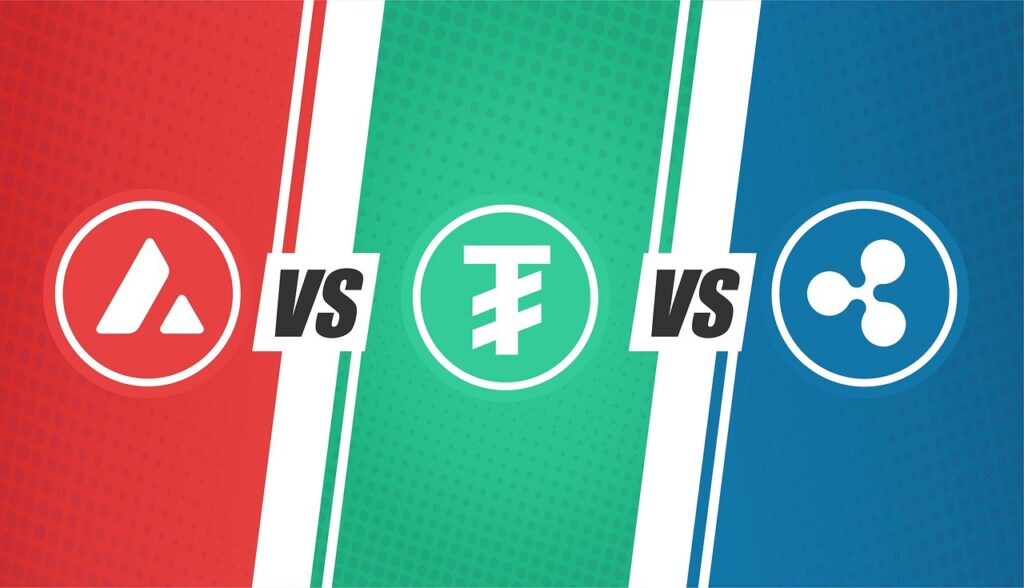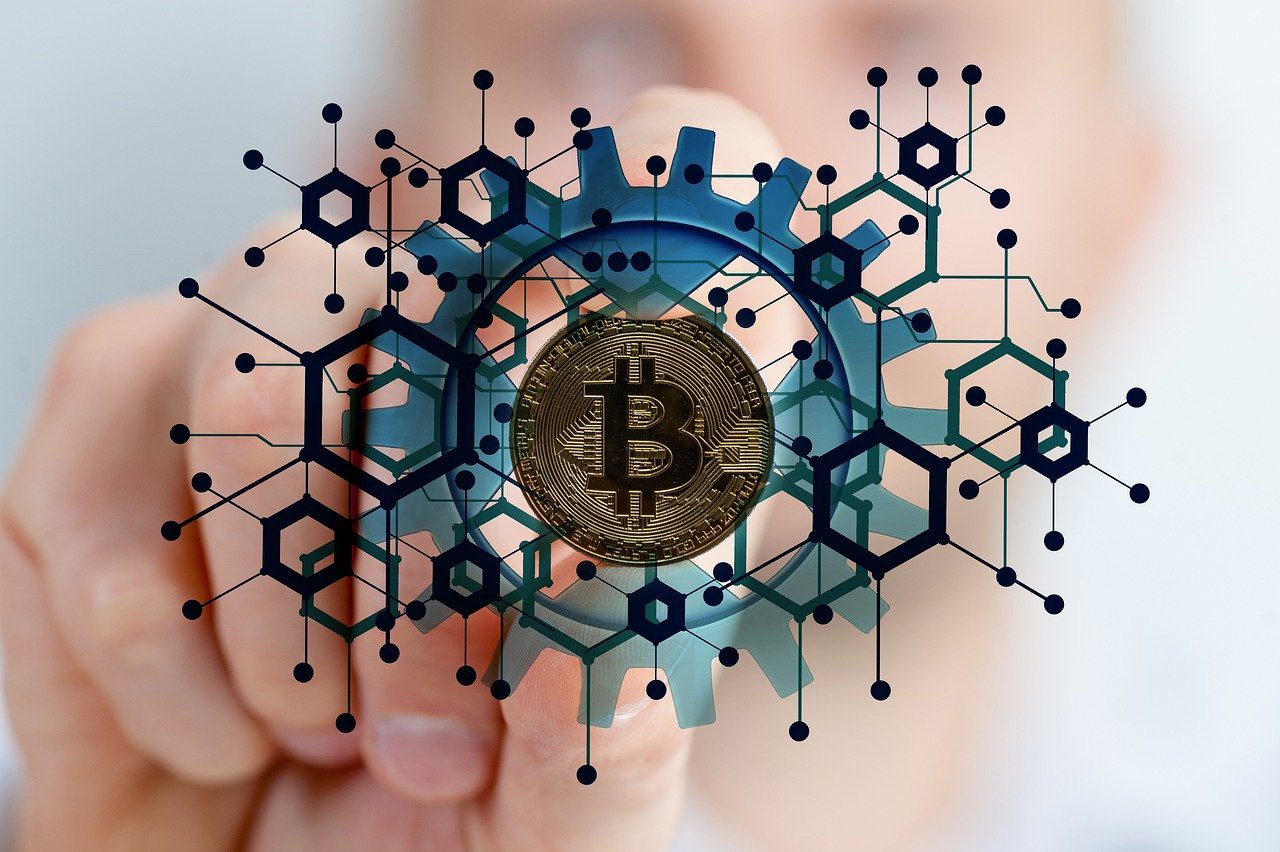So you’ve seen the headlines. Bored Apes selling for millions. Quranic verses minted as digital art. Friends whispering about “NFT flipping.” And now you’re wondering: *”As a Muslim, can I touch this?”_
Honest truth? There’s no one-size-fits-all answer. This isn’t like pork or alcohol – clear-cut haram. NFTs live in messy, exciting gray areas. Let’s walk through this together, step by step, with our faith as the compass.
First: What Are You Actually Buying?
(Plain Talk, No Jargon)
Imagine paying $10,000 for a certificate saying you own the “original” Mona Lisa… but:
- The Louvre still owns the actual painting.
- Anyone can take a perfect photo of it.
- Your certificate could vanish if the issuer goes bust.
That’s the NFT reality. You’re buying:
- A digital receipt (on a blockchain) proving you own this specific copy.
- Bragging rights (“I own CryptoPunk #999!”).
- Sometimes extra perks (e.g., access to a VIP club).
But rarely the copyright. That JPEG? Still copyable.

Where Islamic Red Flags Pop Up
(Think: Coffee Chat with a Wise Friend)
1. The “Gambling Vibes” Problem (Maysir)
Picture this:
Ahmed buys an NFT for $500 hoping to sell at $5,000. No utility – just hype. A week later, it’s worth $50.
If it feels like betting on horses? That’s Maysir. Scholars like Mufti Faraz Adam warn: “Pure speculation – buying low just to sell high – mirrors gambling.”
🚩 Watch for:
- Projects with zero real-world use.
- Frenzy-driven “pump and dump” schemes.
- “NFT raffles” where winning is pure luck.
2. The “What Am I Really Buying?” Confusion (Gharar)
Ever bought a mystery box? That’s NFT uncertainty.
- Does your NFT grant commercial rights? (Usually no.)
- Can the platform freeze it? (Yes, if terms are violated.)
- Is the artwork haram? (Many PFPs feature alcohol, nudity.)
Unclear terms = Gharar. As Sheikh Haitham al-Haddad puts it: “Ambiguity breaks Islamic contracts.”
3. The “Bad Neighborhood” Risk
Some NFTs:
- Fund haram businesses (e.g., cannabis startups).
- Show forbidden imagery (idols, explicit content).
- Run on energy-wasting blockchains (against Israf).
You can’t ride a haram train to halal profits.
But Wait – Halal Doors ARE Opening!
(Hopeful, Practical Examples)
Good news: Muslims are building ethical NFT spaces:
✅ Quranic Manuscript NFTs
→ Example: The 1,400-year-old “Sanaa Manuscript” preserved on blockchain.
→ Why halal? Protects Islamic heritage; clear ownership.
✅ Islamic Art Marketplaces
→ Platform: Bidgala (no haram content; artists paid fairly).
→ Perk: Supports Muslim digital creators globally.
✅ Real-World Utility Tokens
→ Use Case: NFT as your deed to a villa in Dubai.
→ Halal angle: Backed by physical assets; zero speculation.

✅ Charity Fundraisers
→ 2023 Success: “Save Gaza” NFTs raised $2M for verified relief.
→ Key: Ensure charities are vetted (e.g., Islamic Relief).
Your Personal Checklist: Before You Mint or Buy
(Actionable, Not Academic)
Ask these 5 questions like your imam would:
- “What’s my real intention?”
→ Profit through gambling? ❌
→ Supporting art/community? ✅ - “Can I explain this to my grandma?”
→ If the value feels like smoke/mirrors, avoid. - “What’s under the hood?”
→ Art/content halal? (Reverse image search it!)
→ Platform ethical? (No gambling/adult ties.) - “Does it DO something?”
→ VIP event access? Educational course? Real asset? Good.
→ Just a JPEG? Tread carefully. - “Have I prayed Istikhara?”
→ When in doubt, seek divine guidance.
💡 Pro Tip: Screenshot the NFT’s “Utility” section. If it’s vague or missing – that’s your sign.
The Bottom Line (No Sugarcoating)
NFTs aren’t magic. Some are digital snake oil. Others? Powerful tools for good.
As Muslims, our filter is simple:
- Does it involve gharar (uncertainty)?
- Does it enable maysir (gambling)?
- Does it support haram?
If yes – walk away. Your soul > FOMO.
But if you find an NFT that:
✔️ Serves the Ummah
✔️ Has clear utility
✔️ Aligns with Qur’an & Sunnah
…then maybe you’ve found a halal gem in the digital rubble.
When unsure: Consult a scholar + trust your gut. Allah knows what’s in your heart – and your crypto w
